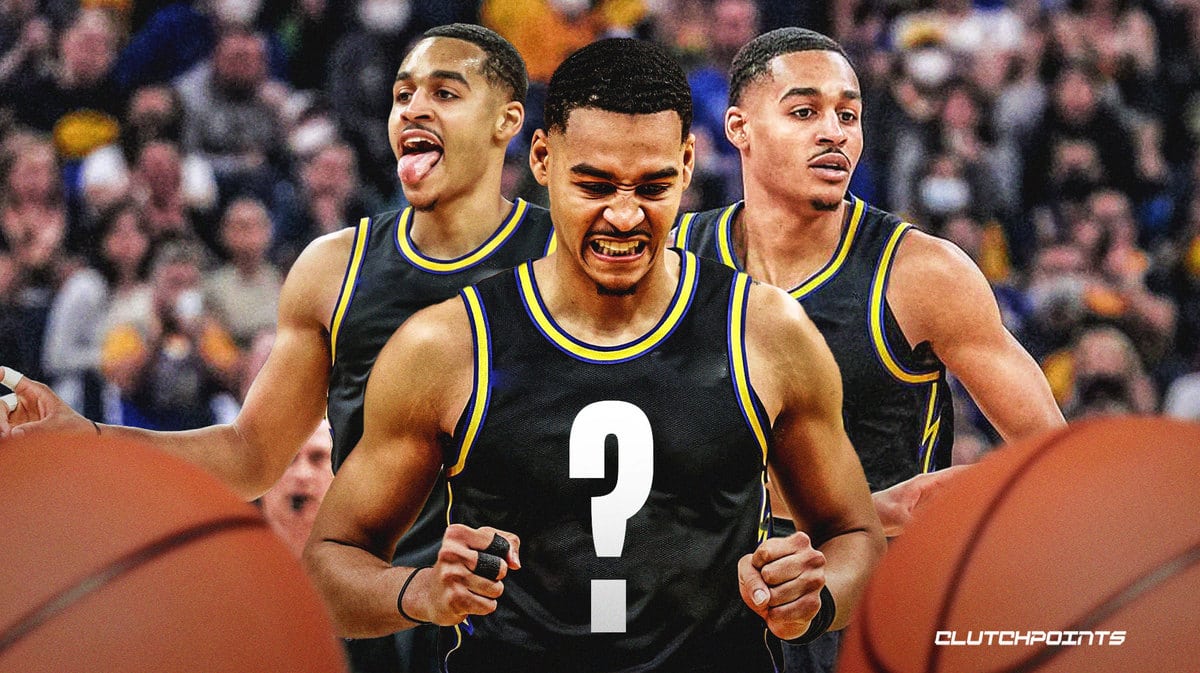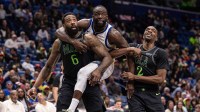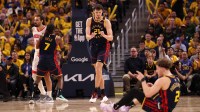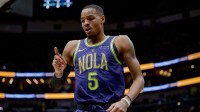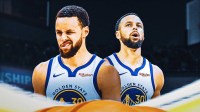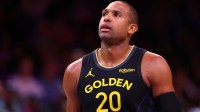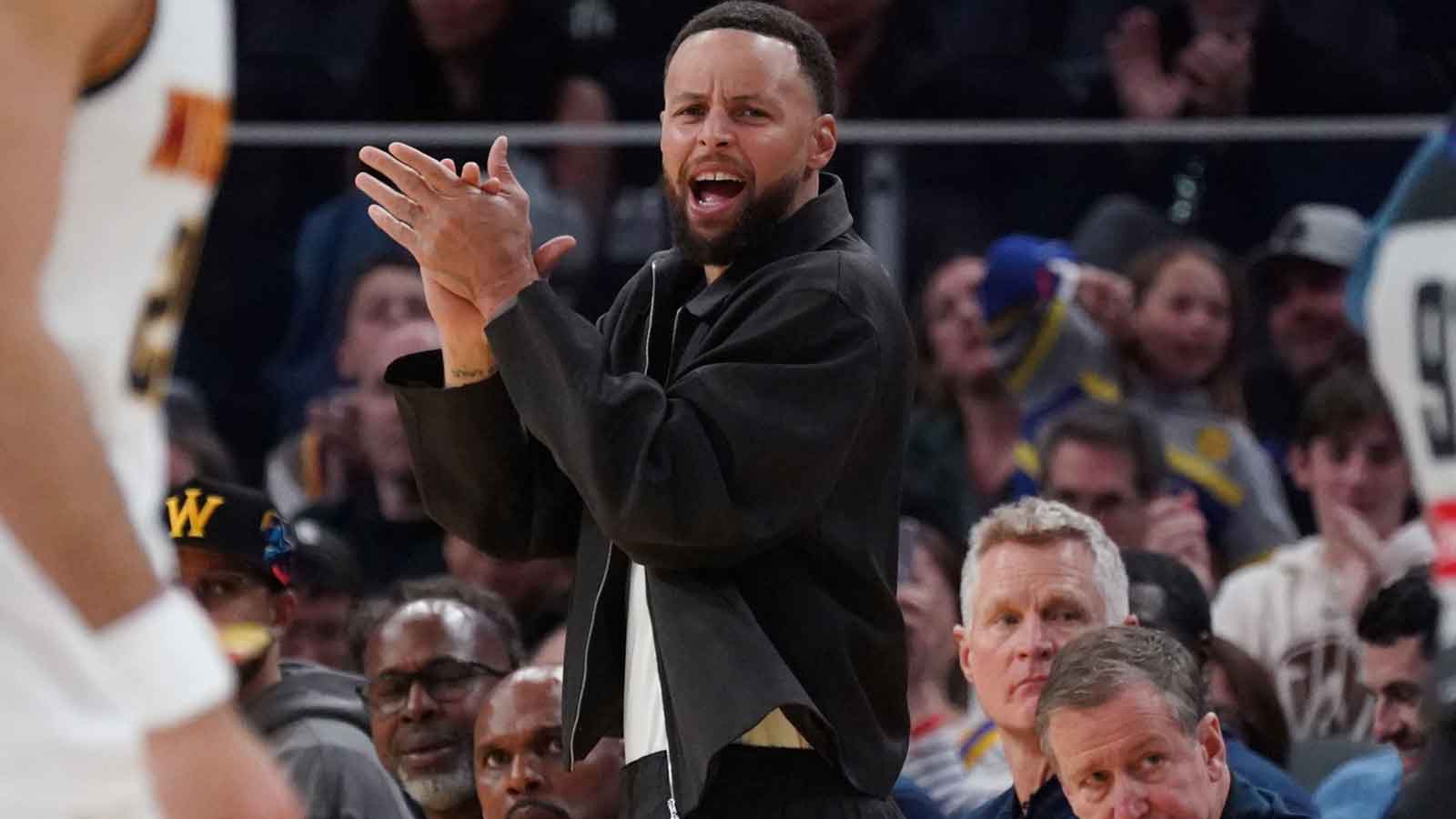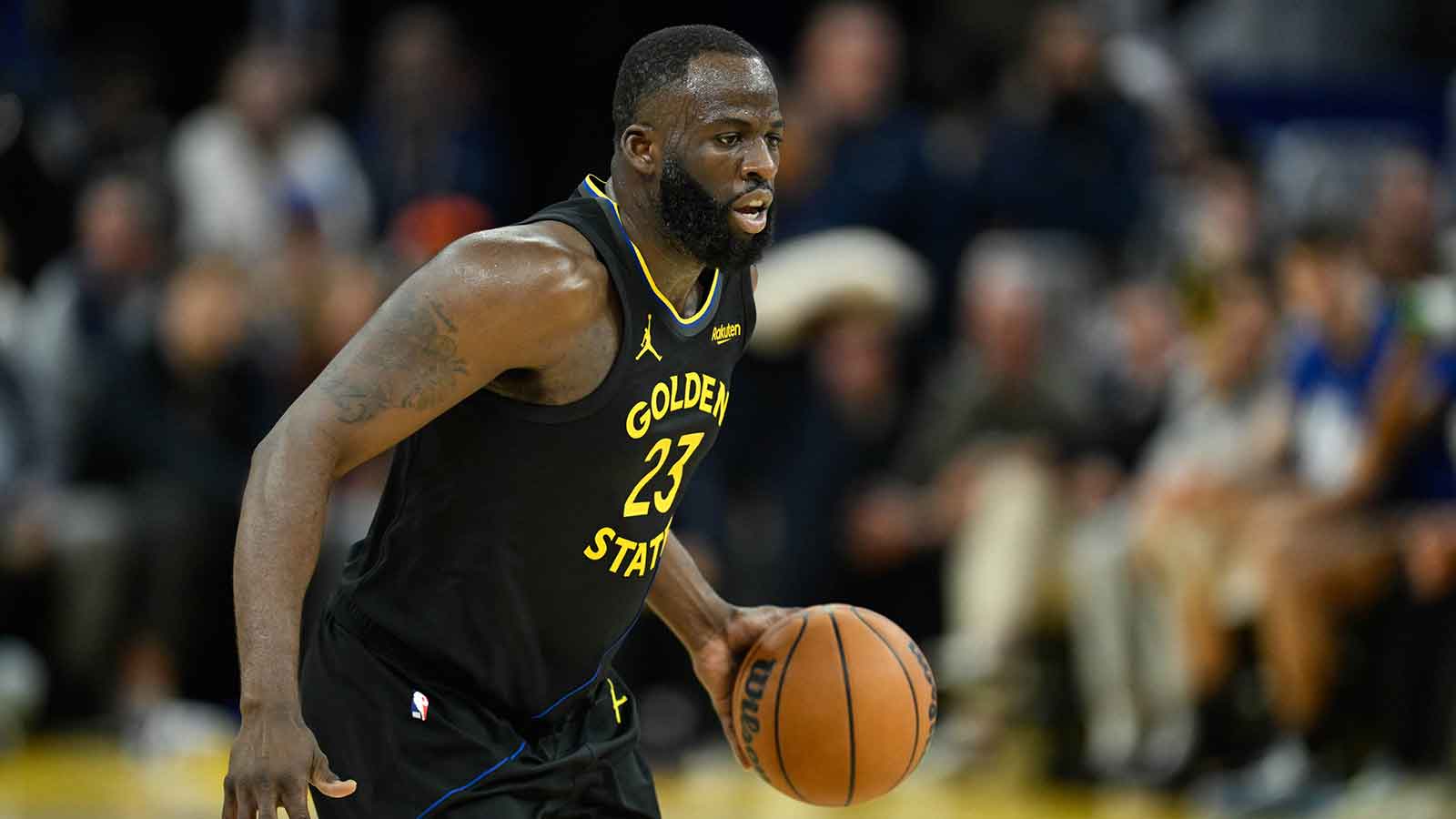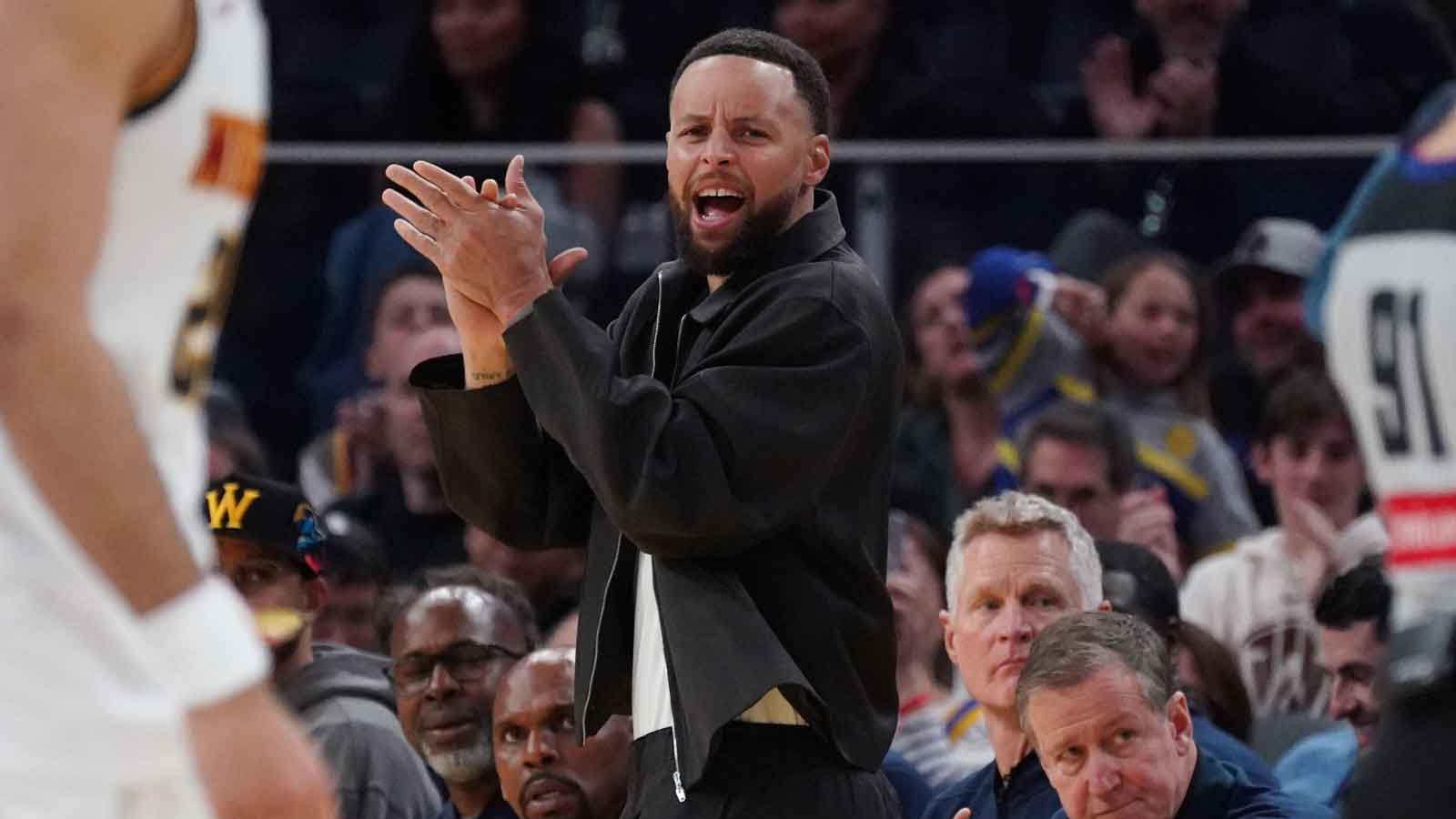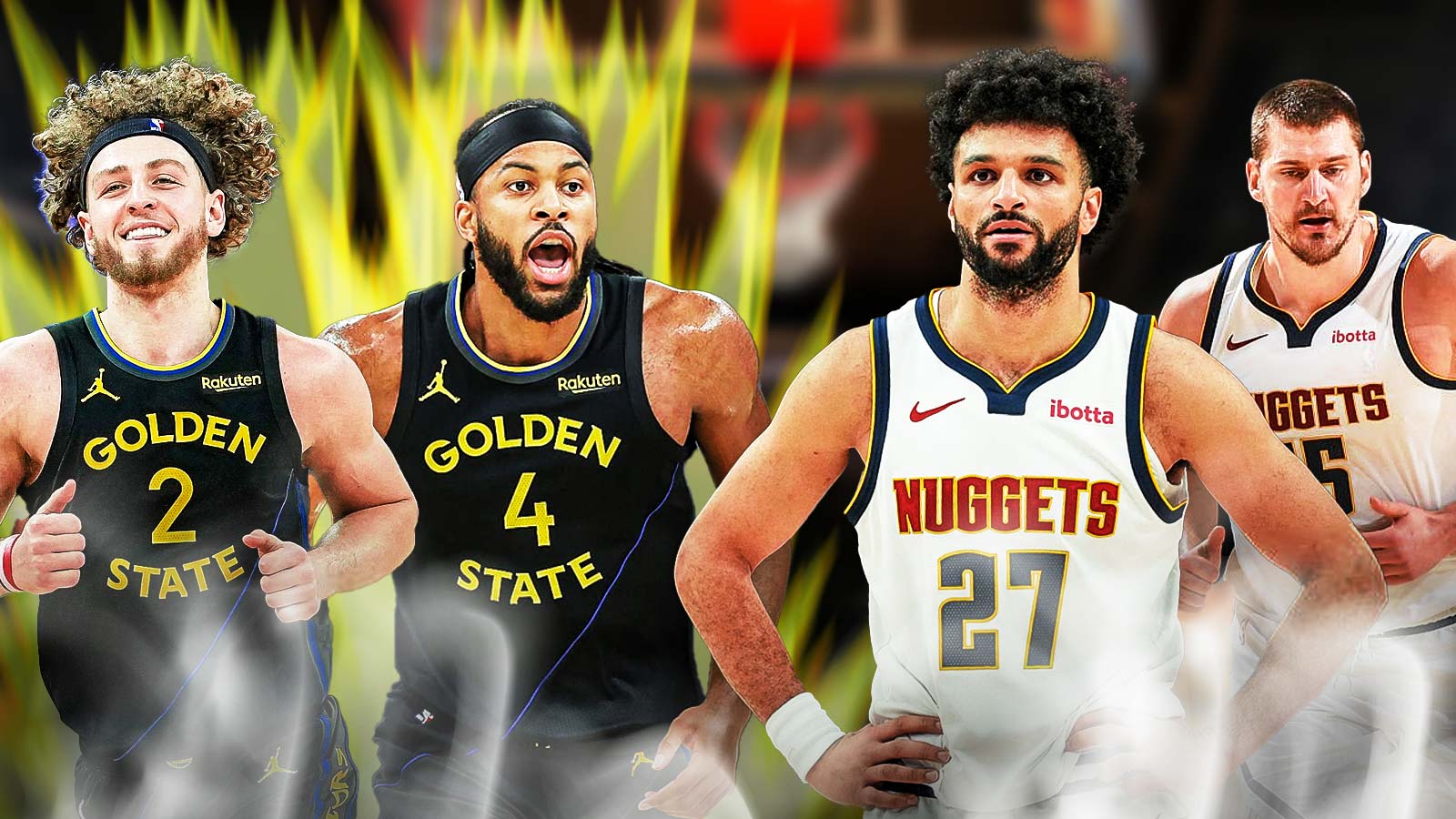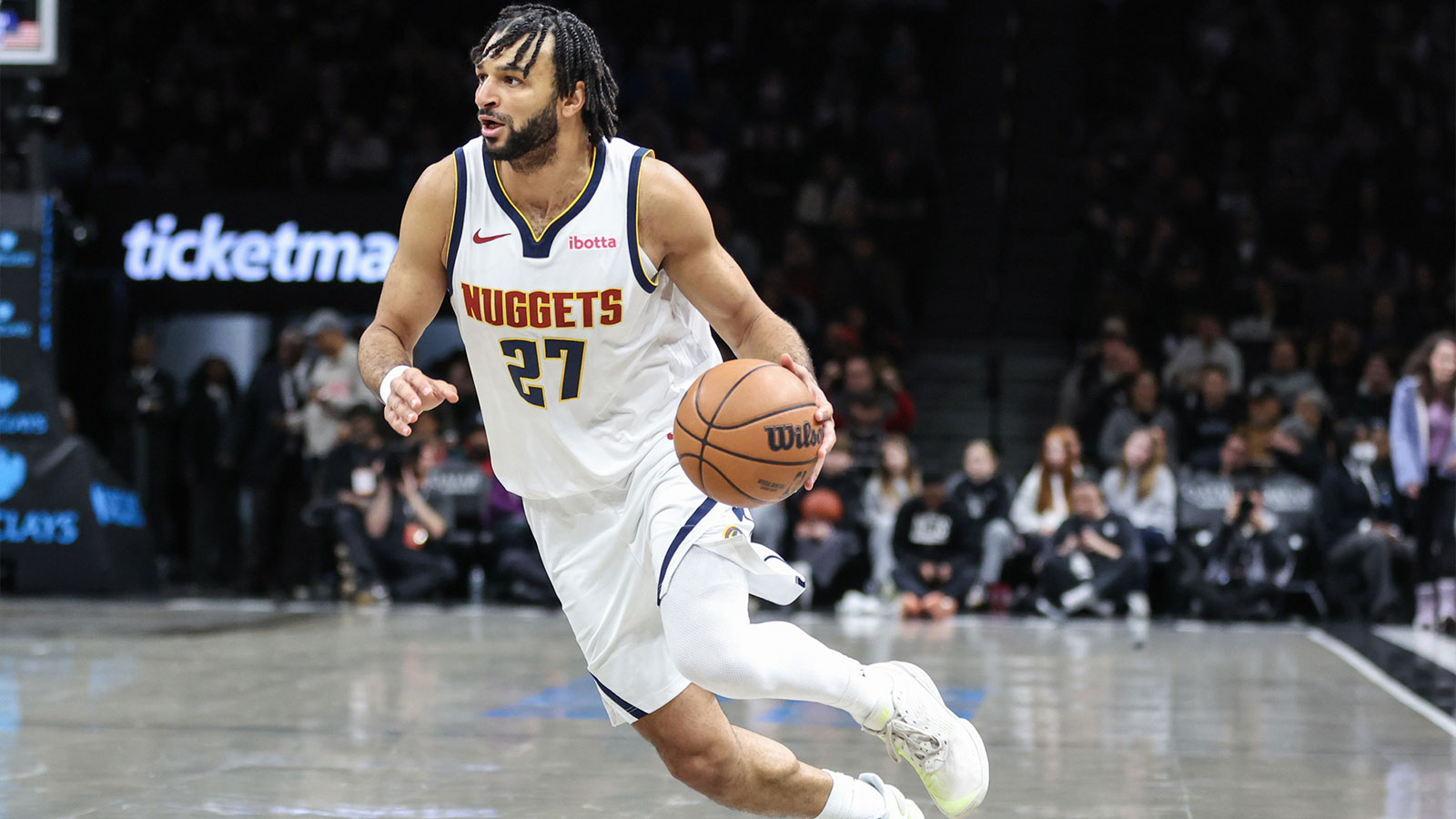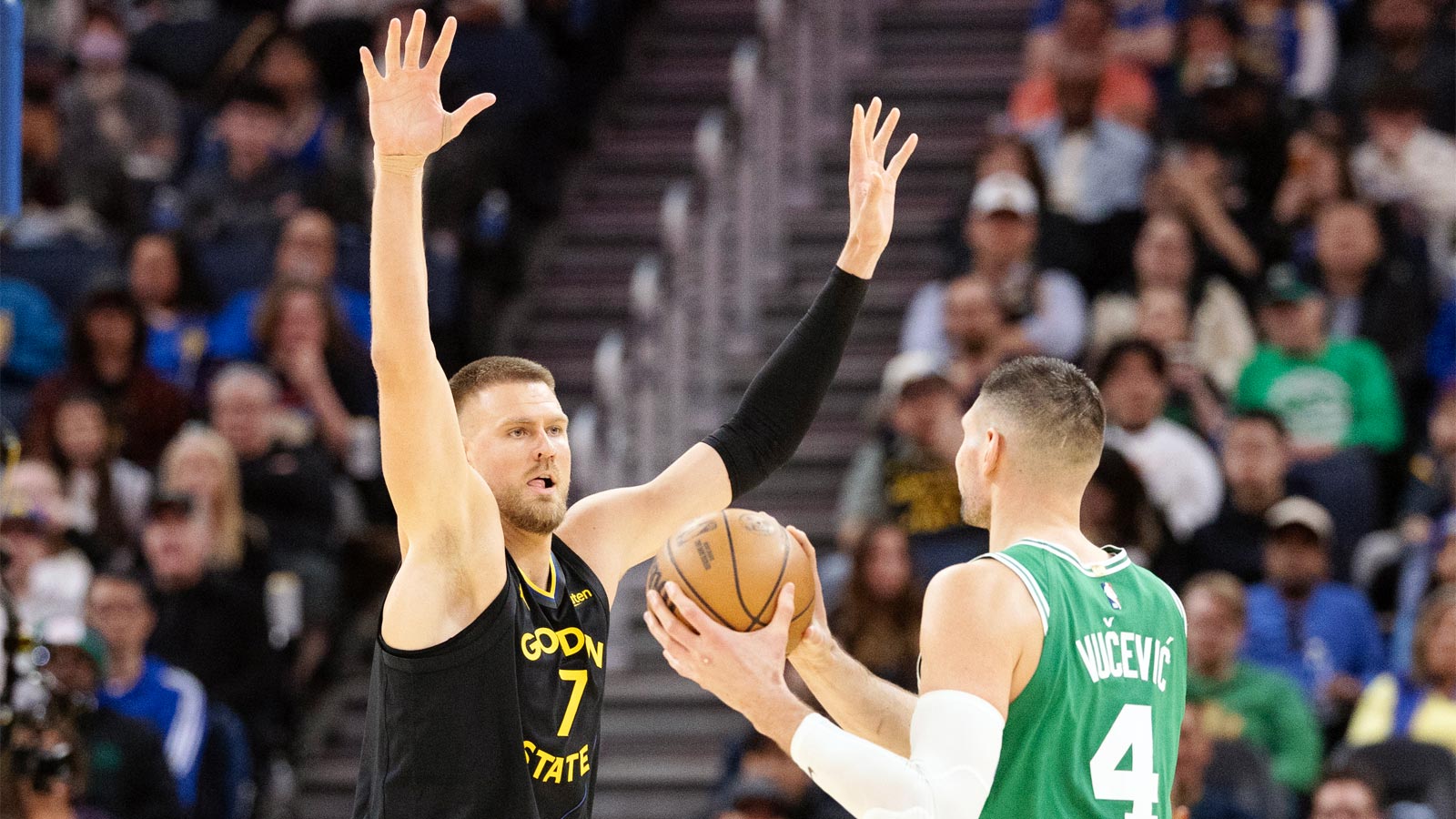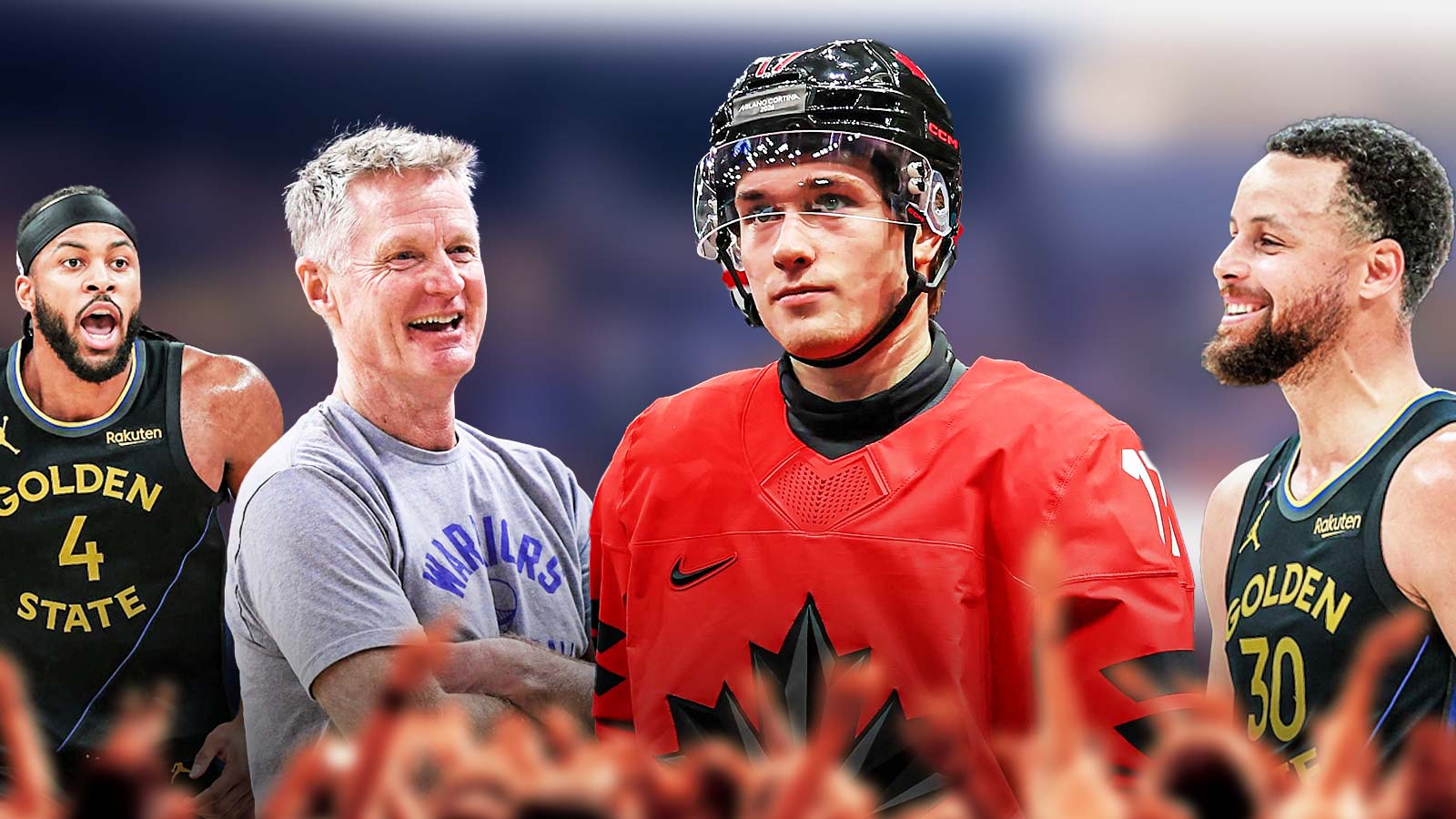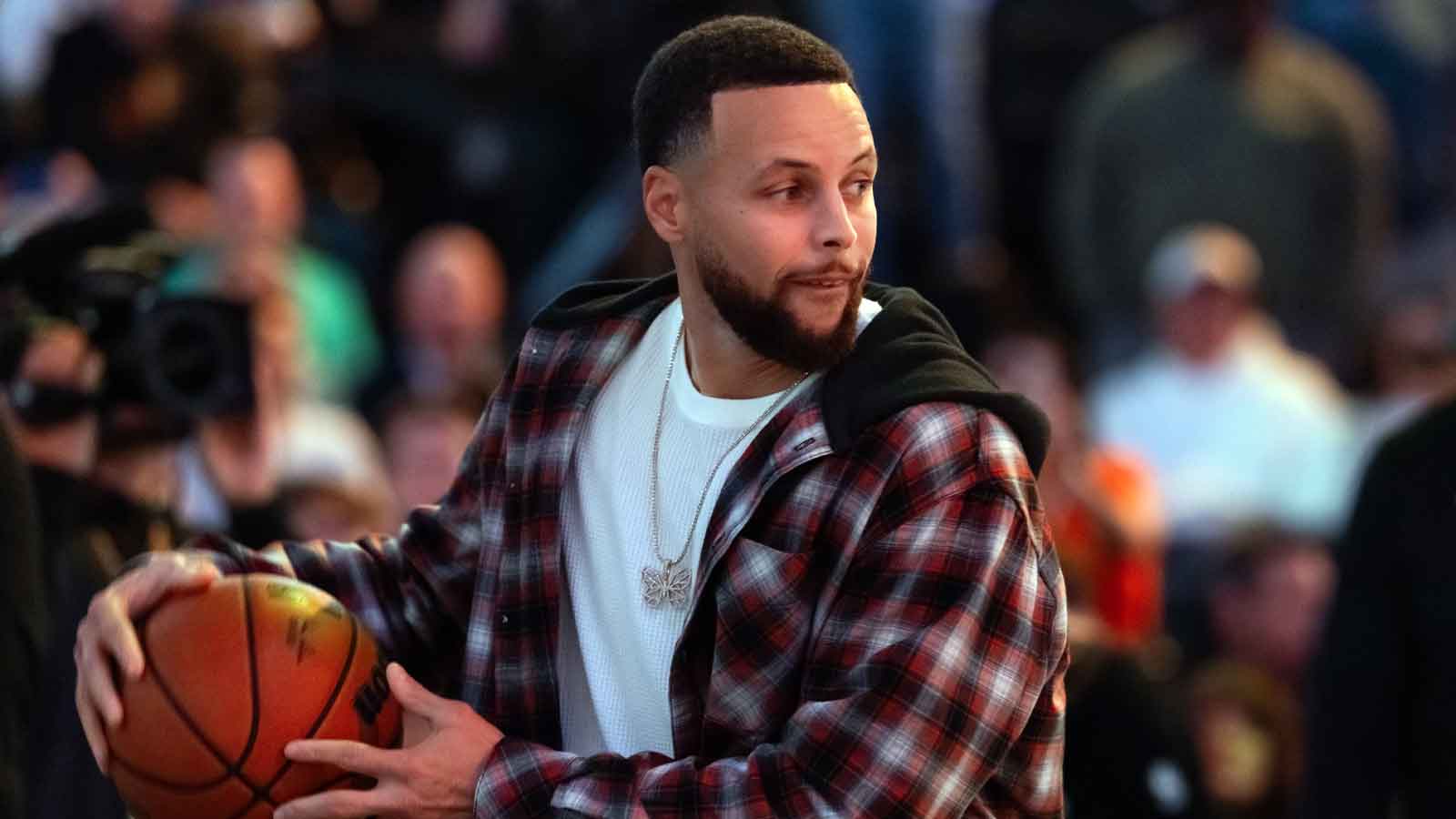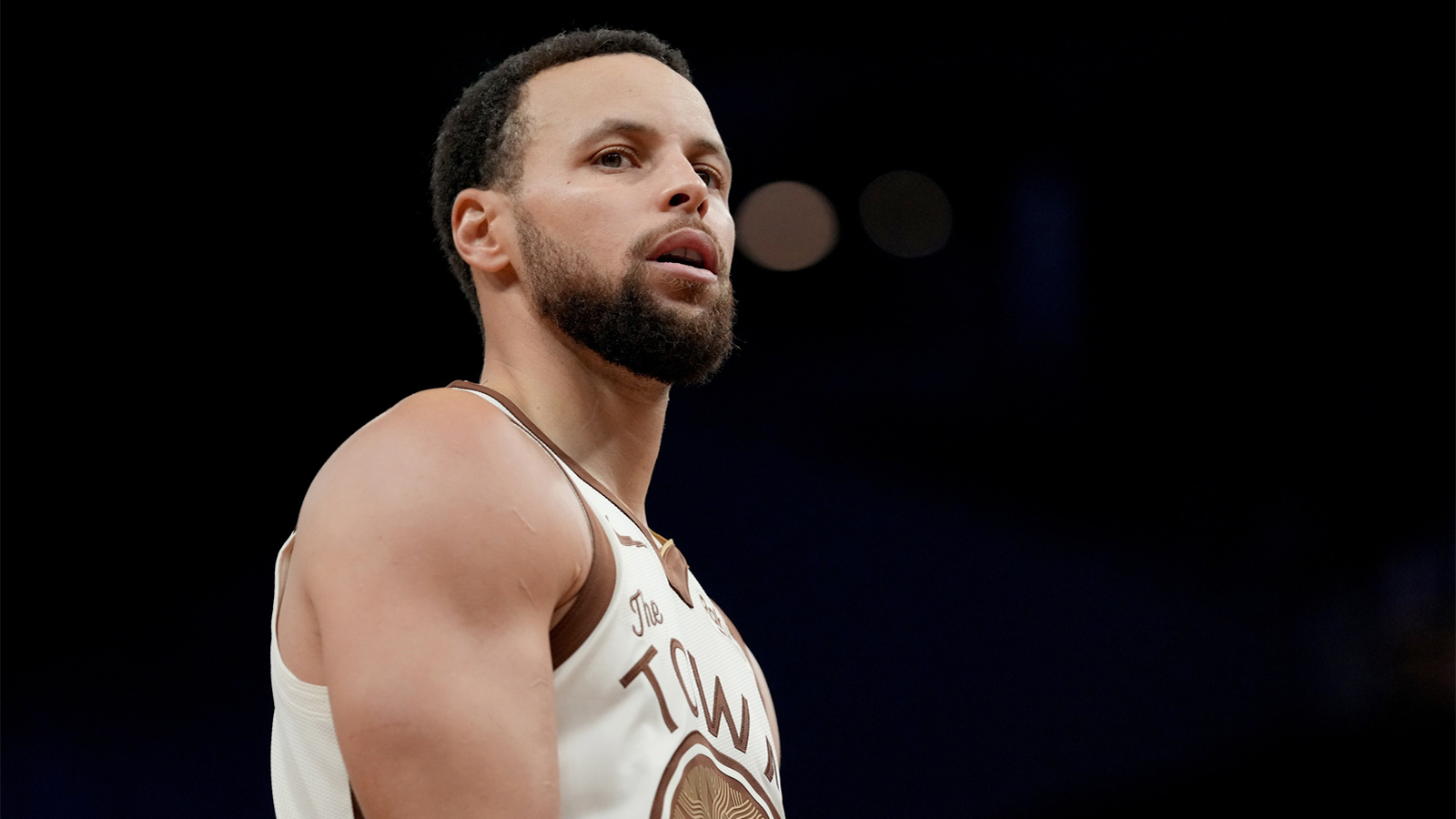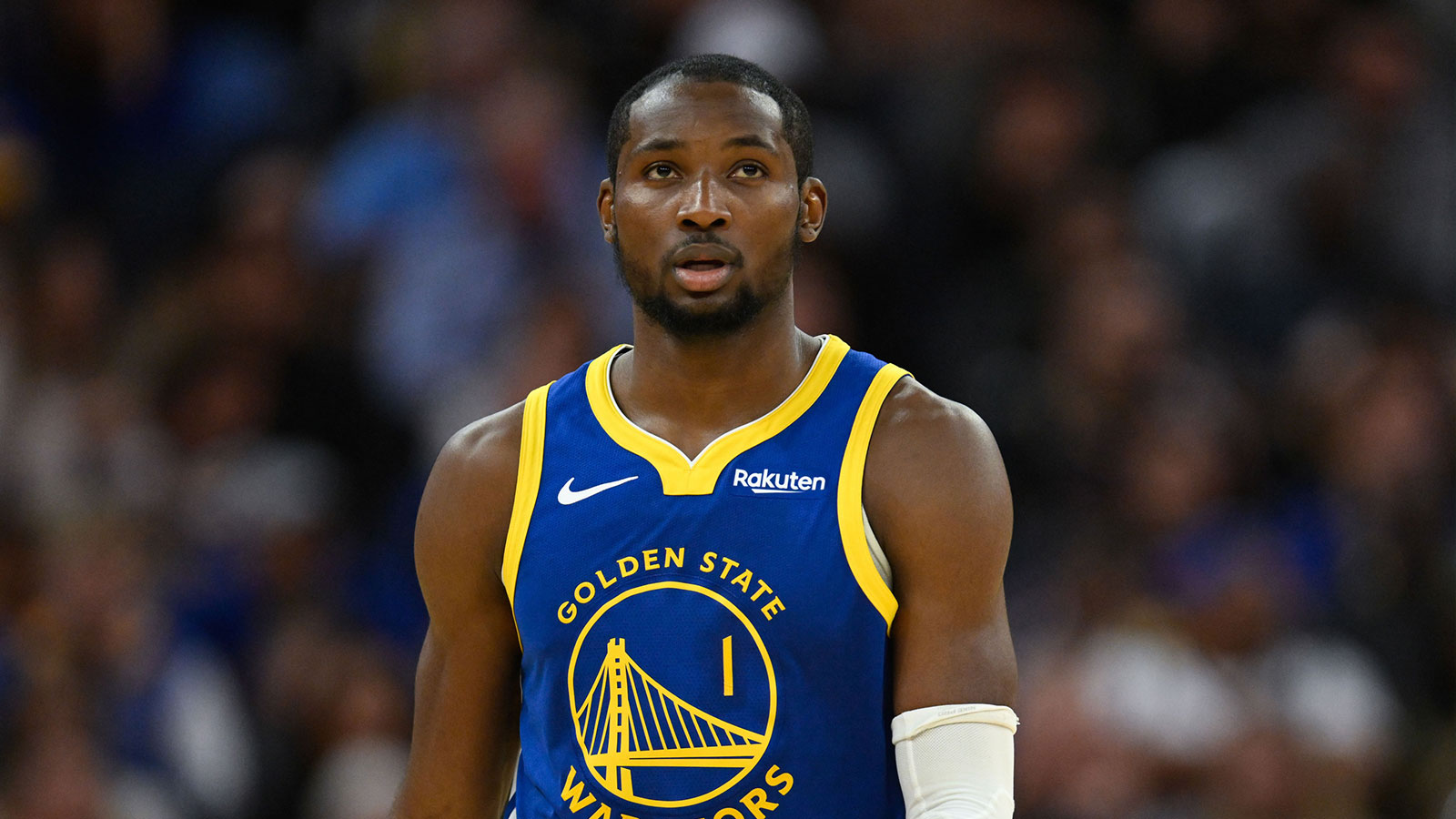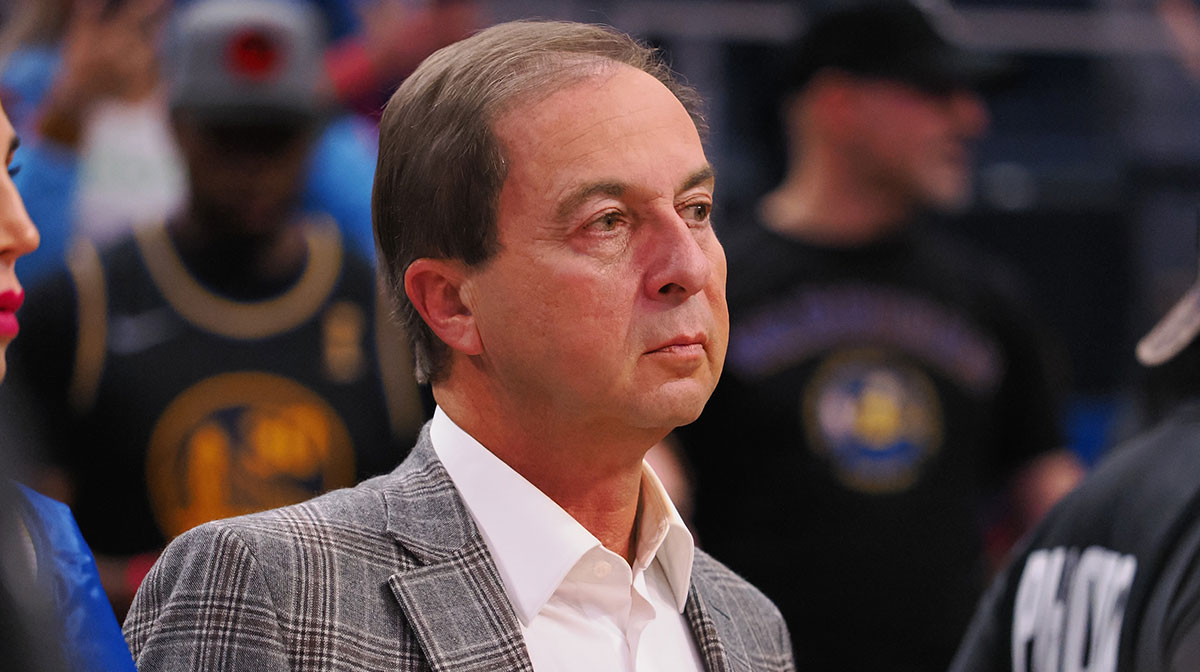Trading Jordan Poole is the Golden State Warriors' optimal means of revamping the roster for another title run in 2023-24, but doing so won't be easy. Here are the three biggest challenges the Warriors will face this summer while trying to find a workable trade for Poole.
3. Necessary cost-cutting
Remember the line Joe Lacob drew in the sand last summer on a total payroll of $400 million or more? He let a high tide wash over it several months later, clarifying that while such a massive financial commitment to the roster would almost certainly lose the franchise money, what really matters most to the Warriors is winning more championships during Steph Curry's prime.
But that was back in early January, well before Golden State's title defense flamed out in the second round of the playoffs in the same dispiriting manner a tumultuous regular season always suggested it would. Pretty much nothing the Dubs did in 2022-23 inspired confidence this same group will be playing for a title this time next year.
“Let's see how this season goes,” Lacob told The Athletic's Tim Kawakami on January 5th of his team's future spending. “Every week, every month, every game. Anything can happen.”
Rest assured that Lacob had payroll for 2023-24 in mind as he watched Poole's wildly inconsistent season-long performance reach a new nadir in the playoffs.
Draymond Green seems bound to opt out of his contract this summer and sign one more big-money extension with Golden State, a deal that could possibly cut his salary next season by a couple million dollars. Donte DiVincenzo deserves a steep raise he can't get in the Bay, and new CBA rules strip the Warriors—who will be well over the “second apron” of $179.5 million in salary next season—of the taxpayer's mid-level exception they used to sign him last July.
A potential haircut of approximately $7 million from the Dubs' payroll isn't enough to make a sizable dent in Lacob's tax bill. It will take a bigger cost-cutting move to accomplish that onerous goal, another non-basketball reason why Poole—due just shy of $28 million in the first year of the extension he signed last October—could've already played his final game in blue and gold.
The problem? Golden State doesn't have the luxury of dumping Poole's salary without bringing back win-now contributors. He's their only realistic and valuable trade asset on the roster absent Jonathan Kuminga, whose two-way versatility and obvious strides during the regular season make the 20-year-old worth hanging onto despite his lingering frustration over being stuck to the bench in the playoffs.
The Warriors' dire financial straits and overall lack of flexibility make it imperative they save some money in a Poole trade. Could they somehow cut costs and net a return package that helps them level back up toward real contention? A deal that sends Poole to the Orlando Magic for Gary Harris, Jonathan Isaac's partially guaranteed contract and a lottery-protected future first-round pick is a sensible framework from that perspective.
We're not even a full calendar year from Poole establishing himself as one of basketball's most dynamic young playmakers on the playoff stage, though. Moving him for a rotational shooting guard with one year left on his deal, tax savings and a mid first-round pick would be a tough pill for management to swallow, especially in wake of cutting ties with James Wiseman at the deadline.
Realities of Golden State's contention and financial standings are rough as the offseason fast approaches. Killing two birds with one stone in a Poole trade is the Dubs' ideal scenario this summer, but looks tough to come by even before accounting for the wrinkle of Bob Myers' departure.
2. Trading from weakness
Opposing teams are fully aware of the team-building challenges facing the Warriors ahead of 2023-24. New leadership in the front office means a new approach even if they maintain some continuity by promoting Mike Dunleavy Jr. to head of basketball operations, but that won't stop the rest of the league from poking and prodding the Warriors, seeking means to exploit them in trades that weren't available during Myers' reign.
Unfortunately, a significant change in the organizational hierarchy isn't even Golden State's biggest weakness when it comes to potential trade negotiations for Poole. Those aforementioned financial complications aren't, either. What really stands to hinder the Warriors in anticipated trade talks is Poole's disastrous postseason and tenuous position in the locker room.
Poole joined Kevin Huerter and Dillon Brooks in the playoffs as the only players with a true shooting percentage south of 45.0 who notched at least 20 minutes per game, according to Stathead. He was helpless off the bounce against the Sacramento Kings when hounded by Davion Mitchell, then terrified of finishing over Anthony Davis and LeBron James against the Los Angeles Lakers.
Poole's wild decision-making with the ball under the postseason pressure cooker was just further evidence he's ill-equipped to be an every-down primary playmaker. His porous defense—on and off the ball, equally brought about by physical deficiencies, lacking awareness and fleeting overall effort—doesn't need much more explanation.
It's impossible to separate Poole's disappointing play throughout 2022-23 from the vicious punch to the face he took from Green before the season tipped off. Maybe some teams will take that into account while mulling a trade for Poole, confident he can regain the standout offensive form that helped propel the Warriors to a title last June.
But even those glass half-full suitors are almost obligated to low-ball the Dubs in trade discussions, knowing just how fraught—financially, interpersonally and strategically—it would be for them to begin next season with Poole still in the fold. There's an opportunity here for the rest of the league to prey on Golden State. Any other approach from teams interested in trading for Poole would be foolish.
1. Poole's waning positional value
Take the Warriors' historic cap crunch, locker-room dynamics and current roster out of the equation for now. Go ahead and forget Poole's objectively damaging playoff impact, too. Even in that artificial vacuum, there's an argument to be made his league-wide value has never been lower than it is right now.
Why? The growing notion that defense-averse combo guards aren't worthy of major minutes at the game's highest levels.
The Miami Heat's Cinderella run to the NBA Finals came with Tyler Herro watching from the bench. There's no guarantee Erik Spoelstra decides to dust off the reigning Sixth Man of the Year against the Denver Nuggets even if his broken right hand fully heals before the championship series is finished. Why try to fix what's not broken, adding an imminently targetable defender and occasional ball-stopper to Miami's two-way postseason machine?
Other teams will have to ask themselves a similar question while kicking the tires on a trade for Poole.
Paying him star-level money through 2026-27 could prove a mistake even if he reverts back to stellar offensive efficiency of 2021-22. Poole isn't a floor general, ensuring the need to play another guard next to him in the backcourt. Leaving one abjectly negative defender on the floor late in the postseason is problematic enough; the prospect of putting another small alongside Poole will be a non-starter for many teams.
The league at large has quickly come to regret the rush to reward the likes of Poole, Herro, C.J. McCollum, Anfernee Simons and Terry Rozier with lavish long-term contracts. Coupled with all the layered context prompting Poole's possible exit from San Francisco, that development leaves the Warriors operating from an even worse position of weakness in trade talks as their dynasty hangs in the balance.

